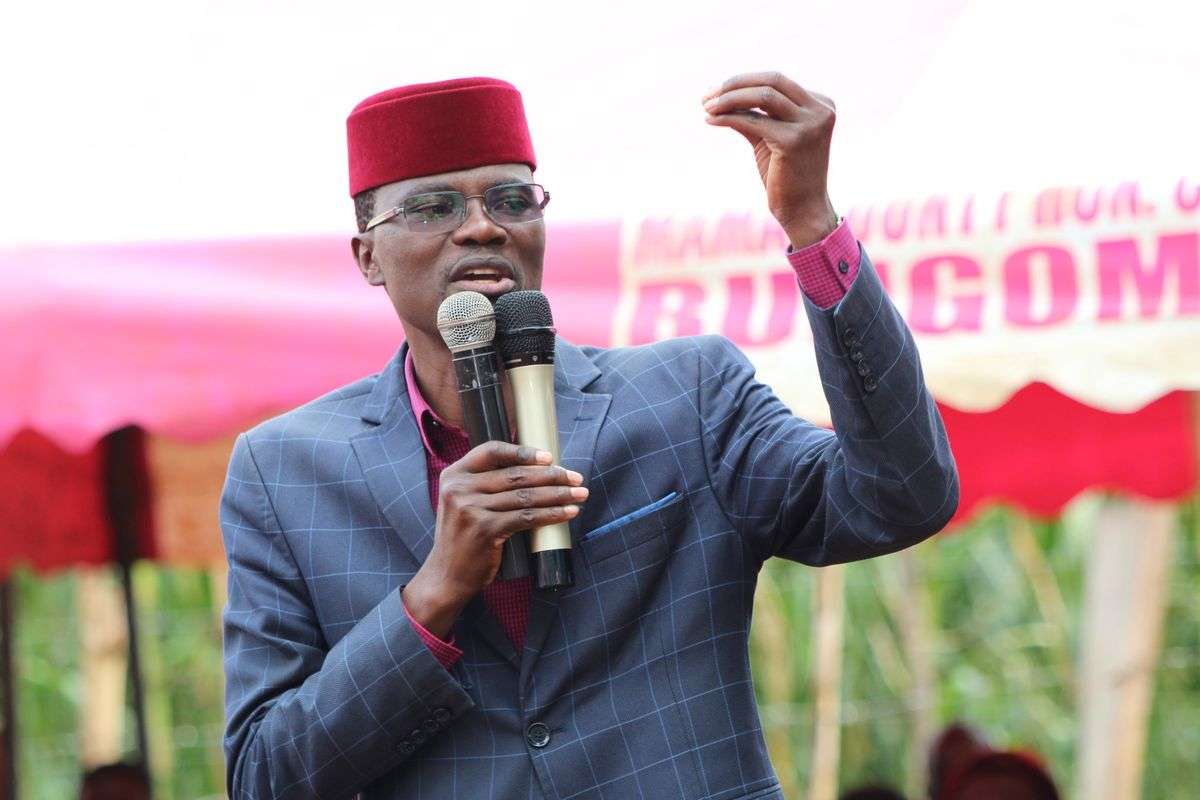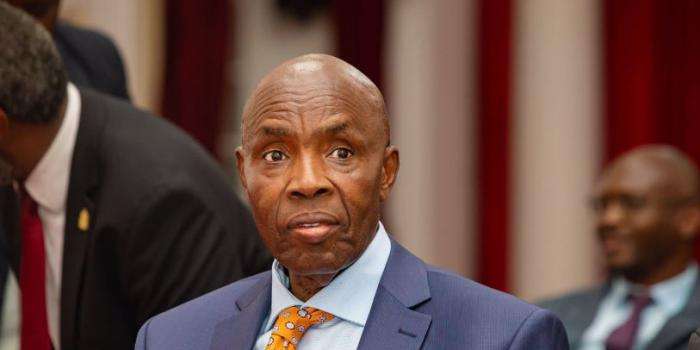Eldoret, Kenya — Uasin Gishu County is engulfed in a political and financial controversy over numerous stalled development projects worth billions of shillings. The projects, showing minimal progress despite substantial funding, have triggered a fierce clash between the current Governor, Jonathan Bii, and his predecessor, Jackson Mandago.
Governor Bii has vehemently denied responsibility for the so-called “ghost projects,” insisting they were initiated during Mandago’s final term in office. He argues that the burden of completing these projects now falls squarely on his administration, yet he rejects being drawn into political blame.
“I will not be dragged into political blame. Senator Mandago should stop interfering with my leadership and account for the ghost projects initiated during his term,” Bii stated.
The Senate Public Accounts Committee, led by Senator Moses Kajwang’, recently toured the county and was troubled by the incomplete state of several key projects, despite contractors receiving millions in payments. Among the most significant stalled initiatives are the KES 700 million Kipchoge Stadium, a KES 600 million 400-bed facility at Ziwa Level Four Hospital, and a special needs assessment centre valued at KES 2.4 billion.
Kajwang’ reminded the governor that “once you take over, all the affairs of the county rest squarely on your shoulders,” emphasizing that public officials must be held accountable for taxpayers’ money instead of deflecting blame.
Residents of Uasin Gishu, also the hometown of President William Ruto, have demanded swift action from the Ethics and Anti-Corruption Commission (EACC) over what they describe as gross misuse of public funds. Vincent Chirchir, a resident, expressed frustration over what he termed “impunity” among regional governors, suggesting their political connections have shielded them from prosecution.
The special needs assessment centre, the county’s largest budgeted project, designed to serve children with disabilities, remains largely incomplete despite significant funding. Senate committee inspections revealed abandoned construction equipment, deteriorating structures, and missing contractors across multiple sites, raising serious questions about oversight and project management continuity.
The committee’s report highlighted troubling trends, including contractors receiving full payments for unfinished work and irregular tendering processes, such as initiating contracts for subsequent phases before completing earlier ones.
“These abandoned projects represent a serious setback to the county’s development and indicate possible financial misconduct,” Kajwang’ said. He pointed to similar investigations in other regions, underscoring a widespread issue of corruption and ineffective oversight.
Calls for transparency have intensified, with locals demanding a comprehensive audit of all payments made to contractors and public disclosure of project timelines and completion status. Peter Kimani, another resident, warned that “each day of delay means more opportunities for evidence tampering and further misuse of public resources.”
The situation in Uasin Gishu highlights the urgent need for robust mechanisms to ensure accountability in county governance, particularly in safeguarding public funds and ensuring development projects benefit the communities they are intended to serve.





